Part Three of Forum’s ongoing Future of Sustainability series dives into how the world is responding to today’s multifaceted challenges, explores some of the biggest questions proliferating across the sustainability movement right now and considers what pivots may be needed if we are to drive change at scale and pace.

To kick us off, Forum’s Chief Executive, Dr. Sally Uren, revisits four trajectories Forum for the Future identified in late 2020 as emerging from the disruption of COVID-19. These trajectories were based on the mindsets we were seeing develop in response to the pandemic, and provided us with a framework for looking at how the world might proactively shift on to a more transformative footing. With new analysis, we look at how things have moved on over the last 15 months, what might come next and what practical solutions may be needed going forward.
One thing is clear: we are not yet on track to deliver a deep transformation of our systems. We instead are running the risk of shallow transitions that will not help us navigate the 2020s into a liveable future.
Here, Sally argues that we need to face reality, learn to live with immense disruption and substantially up our game… fast.
We live in hugely uncertain times. For almost two years, COVID-19 has shocked the very systems on which we rely, overlaying and influencing a set of wide-ranging changes and transitions – both positive and negative – that were already shaping the 2020s.
As we look forward to 2030, the target year for the realisation of the Sustainable Development Goals and a key milestone for rapid reductions in carbon emissions, will we find ourselves in a just, resilient and sustainable world – or one in which we witness ever more destabilising shocks on a pathway to a hot house earth?
In order to answer this question, it’s timely to take another look at the four different pathways or trajectories towards 2030 that Forum identified 15 months ago in our From System Shock to System Change – Time to Transform report. These trajectories were based on the mindsets we were seeing proliferate in response to the pandemic, and provided us with a framework for looking at how the world might proactively shift on to a more transformative footing – not just building back better, but actively looking to build forward into a new future.
They were:
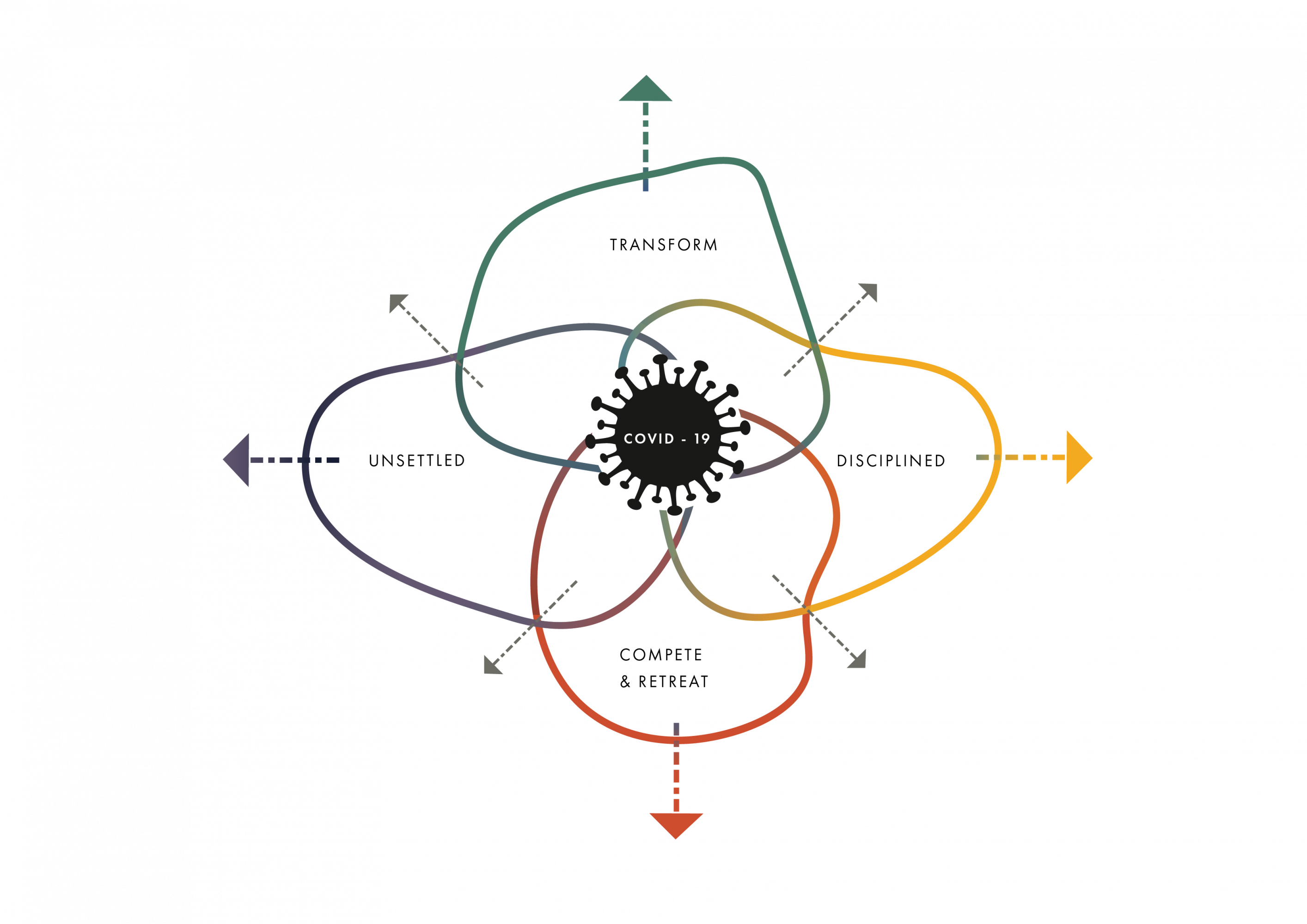
- Compete and Retreat: Characterised by a retreat into national borders driven by the perception that there is not enough to go around, resulting in the strengthening of existing nationalist dynamics, the gradual collapse of what’s left of globalisation and international collaboration, and the emergence of fragmented regionalism.
- Discipline: Characterised by greater state control to manage public health and safety, resulting in the ramped up use of technology for automation, remote connection, surveillance and control, as well as a concurrent sacrifice of personal privacy, in order to keep growth and global interconnection going as ‘normal’.
- Transform: Characterised by a growing understanding of the deep connections between human and planetary health, using the pandemic recovery as a ‘reset’ to catalyse a fair and equitable zero carbon transition and a shift towards new business and economic models based on resilience and regenerative thinking.
- Unsettled: Characterised by a continued inability to settle on a ‘new normal’ due to ongoing discontinuity and disruption from crises of all kinds: climate and ecological, political, social, economic and technological. Recognising that many previous ways of thinking are no longer helpful, Unsettled presents an urgent need to adjust and adapt to a difficult and strange reality – one in which resilience, adaptability and opportunism constantly jostle with fatalism and anxiety.
So, what are we seeing now? All four trajectories are still in play, but a strong flavour of Unsettled
Perhaps unsurprisingly, all four trajectories are still in play. Taking each in turn:
Within Compete and Retreat we’re seeing intensifying energy geopolitics and resource hoarding; vaccine hoarding in pursuit of national interests; nationalist populism continuing to gain traction; the resurgence of local forces such as the Taliban; the closure of borders to migrants and polarising debate on immigration policy.
Where Compete and Retreat overlaps with Discipline, we’re seeing growing autocracy and new impunity for dictators.
Within Discipline alone, we’ve seen the accelerated use of AI and automation; vaccine passports; the normalisation of authoritarian lockdown politics; increasing surveillance capacities by governments; use of spyware and more.
Turning to Transform, signs of purely transformational change include: Berlin’s rethinking of the car; ecocide laws being drafted in respect of the rights of nature; governments being sued by young people whose voices are only growing louder in the climate activism movement; four-day weeks being trialled in a shake-up of how we work; growing energy behind grassroots democracy, as seen with the rise of citizen assemblies and protest movements in support of democratic values; changing diets, particularly in the West; and advances in regeneration, not least the resurgence of regenerative agriculture.
Where Discipline also overlaps with Transform, we’re seeing the growth of nature-based solutions often spearheaded by corporates; growing interest in corporate sustainability and climate reporting for financial institutions; satellite imaging and AI technology used in fighting deforestation.
Finally, looking at Unsettled, this has been a very dominant story of the last 15 months. We’ve seen crisis after crisis unfold in some nation-states. We’ve seen disruption to supply chains, to energy supplies, not to mention multiple waves of COVID-19 and the disruption that causes.
Many are asking if there will ever be a new normal, or is this continued disruption and discontinuity here to stay?
In many ways, a strong flavour of Unsettled in our daily lives is to be expected. Triggered both by the pandemic and by systems that were already transforming pre-COVID-19 – from food to energy – we are living in a moment of accelerated system change.
System change isn’t linear, it is messy, it exposes us to new realities.
It also opens up new opportunities. For example, where Transform intersects with Unsettled, we’re seeing growing people power and community influence, the maturation of new ways of organising, just transition rhetoric gaining pace and the channelling of funds to vulnerable communities.
I recently discussed these signals of change with Joy Green, Forum’s Principal Futures Affiliate. You can watch our conversation – including our reflections on how 2021 dramatically exposed the fragile and interconnected nature of our systems, as well as their inability to bounce back from crises – here:
What now? Time to face reality, recognise we’re off track and prep for further disruption
At Forum, we believe Transform must prevail – it is the trajectory that will bring about the just and regenerative future the world needs. With Unsettled dominating right now, four things are front of mind if we’re to get on track.
First, we must get real about the scale of the system transformation needed.
The current systems we rely on are at the very edges of their ability to meet the needs of a growing population. Many of our systems are at breaking point.
They are brittle and vulnerable, with one event having the potential to cause cascading impacts; think back to the disruption caused by a single ship blocking one part of the Suez Canal. In Part Two of our Looking Back to Go Forward series, John Elkington elegantly referred to the ‘decomposition of our systems’. It’s a clear sign of the huge task ahead of us if we are to create new, resilient systems capable of sustaining both planetary and human health.
Second. Be honest about the effort this will take, and just how far off we are from where we need to be. Johan Rockstrom spoke of us being at the ‘end of the road’ following three decades of putting unsustainable pressure on the planet. It’s easy to see Transform as a distant dream right now and we must all do more, faster if we’re to create the future we all want.
Third, be ready for more uncertainty, more discontinuity. Accelerated system change is messy and often non-linear. Take for example the transition from fossil fuels to renewable energy where we are currently witnessing rapid exponential change. Adding in the features of the Unsettled trajectory means planning for disruption and for prolonged uncertainty would seem sensible. As is remembering that non-linear change can be a good thing; the speed and scale of some of our responses to the pandemic illustrate this, from the availability of a brand new vaccine to the success of public/private partnerships in converting manufacturing lines to PPE.
Discontinuity is often framed as negative, something to fear. But it can work in many directions.
Which is one of the reasons, why, lastly, Transform is still possible. As we head towards 2030, it is very likely that we will continue to experience Compete and Retreat, Unsettled and Discipline, as well as Transform. We can expect multiple versions of our future to be in play at any one point in time. However, if we are experiencing these different trajectories, how might we harness the energy behind them and influence what happens next?
Shifting systems means working with activating and resisting forces
In order to shift systems it is usually necessary to work with both activating forces for change (abundant in Transform), and resisting ones (think vested interests that might dominate Compete and Retreat). Ignoring resisting forces means they will remain and keep trying to lock in the current configuration of any system. But engaging with them and understanding prevailing mindsets makes it possible to divert this energy into a different direction.
So our challenge is this: how can we leverage the shake-up created by the Unsettled trajectory to embrace new ways of living and working?
The way forward will not be easy. The wholesale systemic change we need will require coordinated efforts at multiple levels and across multiple stakeholders, each embracing innovation and shifting their fundamental mindsets. At the same time, the resisting forces in the form of vested interests will continue to present a high risk of leaving us stuck in shallow transitions.
There are signs of hope: a new generation entering the workforce with much greater expectations of their employers when it comes to sustainability; communities strengthening as they mobilise around common causes; an investment community waking up to the need to rewire our economy.
As a new year sets in, a just and regenerative future is within our grasp, but we need a decisive and immediate course correct to achieve it. Our future isn’t written, it is ours to write.
Watch this space

The next in our Future of Sustainability: Looking Back to Go Forward series sees Dr Anna Birney, Forum’s Director of School of System Change, explore the idea of ‘system change’ – what it is, what it means, and why it’s urgently needed.
About the Future of Sustainability: Looking Back to Go Forward
Produced by international sustainability non-profit, Forum for the Future, the Future of Sustainability: Looking Back to Go Forward is a unique opinion and commentary series set to explore lessons learned from the last 25 years in the sustainability movement and what they mean for the future.
Based on new and exclusive insights from diverse voices across the sustainability movement, we’ll examine where we have succeeded and where we have failed in creating real change. We’ll consider how the world is responding to today’s multifaceted challenges and opportunities, and what pivots might be needed if we’re to deliver at scale and pace. Lastly, we’ll look forward – exploring how we can reframe the goals of the system, reset our ambition, and encourage the adoption of new mindsets and approaches critical to creating what’s really needed: a truly just and regenerative future.
With thanks to our partners
Looking Back to Go Forward was made possible thanks to the generous support from our partners: Laudes Foundation, GSK Consumer Healthcare, Target, M&S, Capgemini, Bupa, 3M, the Cosmetic Toiletry & Perfumery Association (CTPA), Burberry, Olam Food Ingredients, and in particular our headline sponsor, SC Johnson
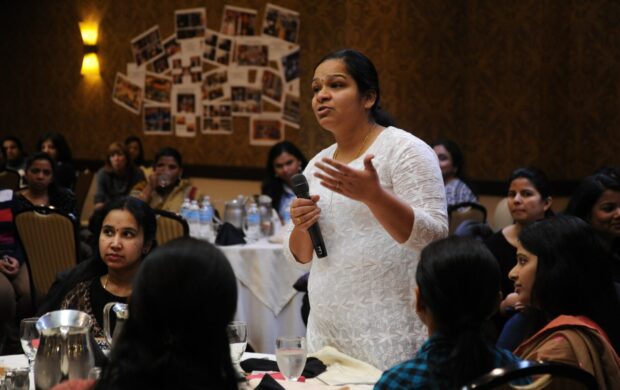
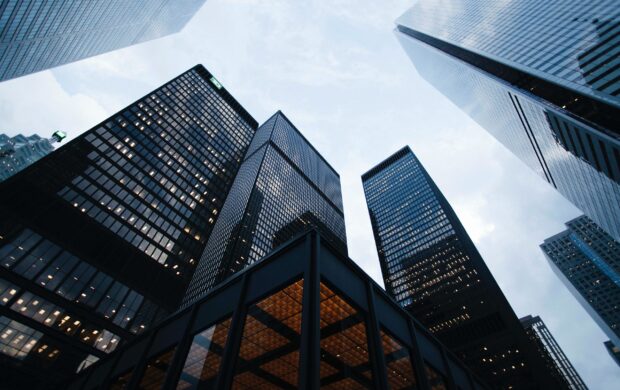

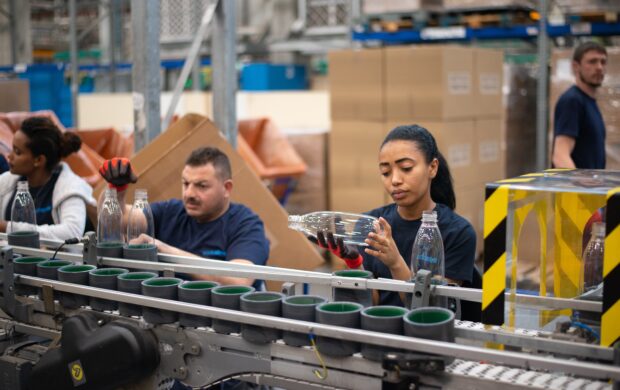
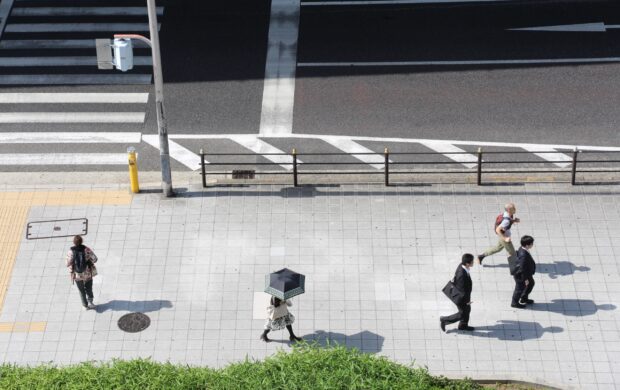
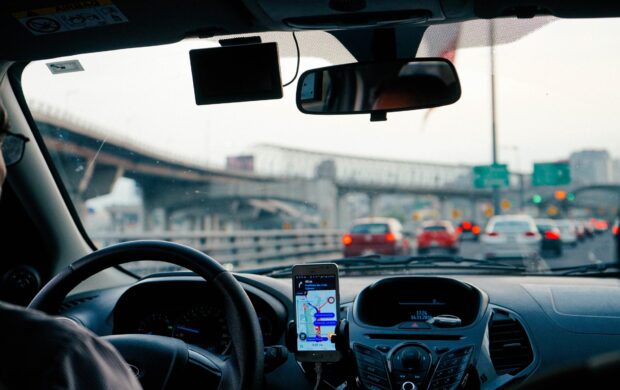
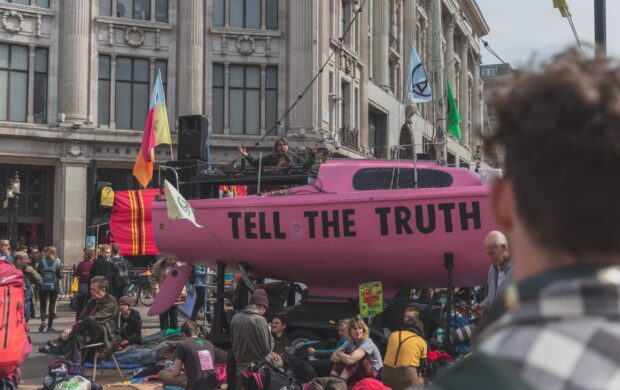
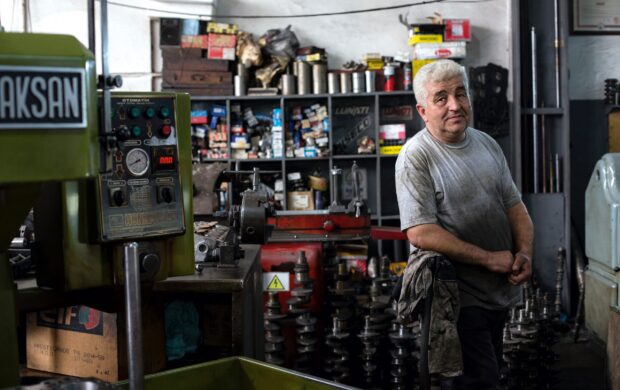
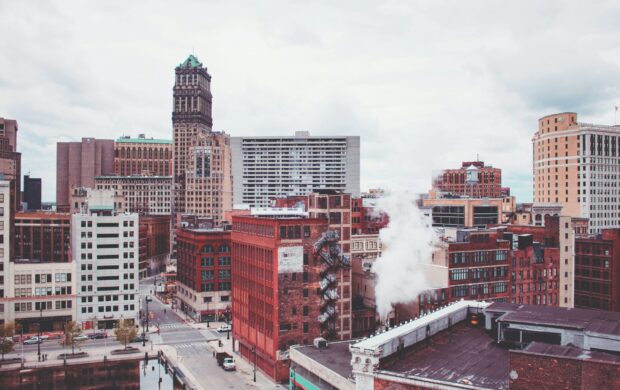


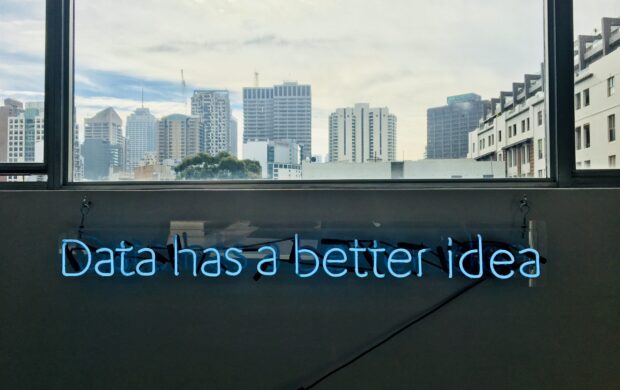
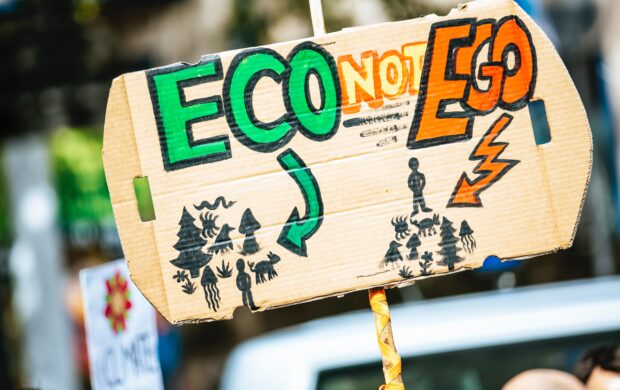
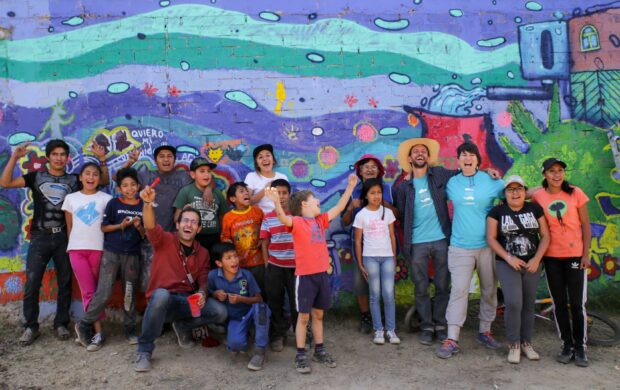


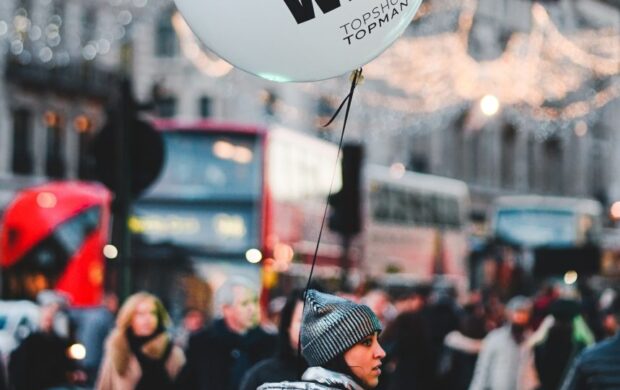





Join discussion